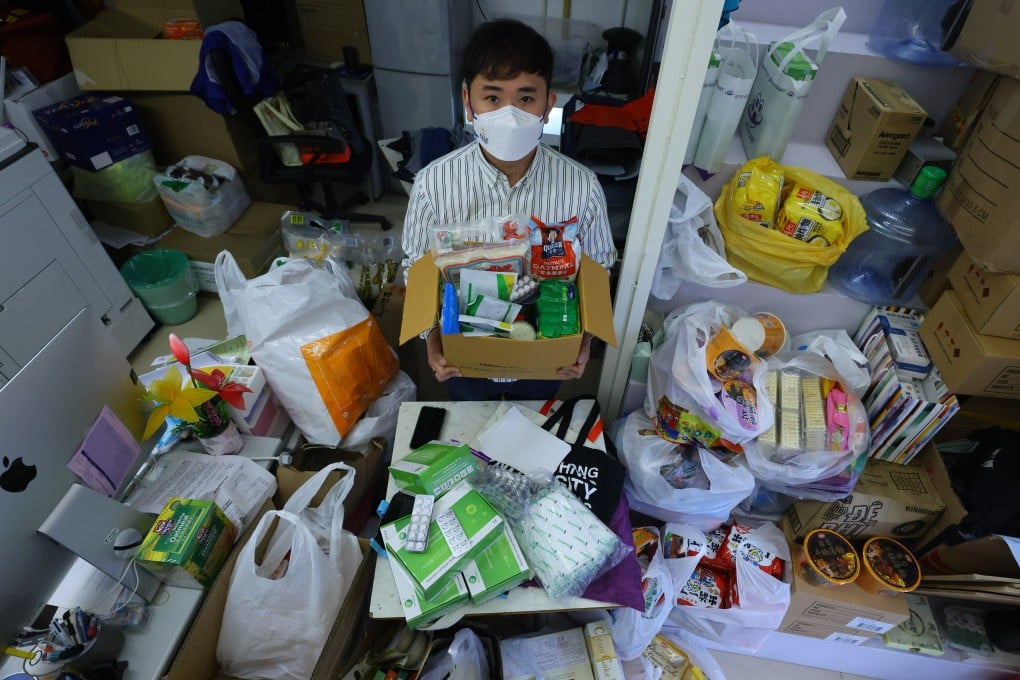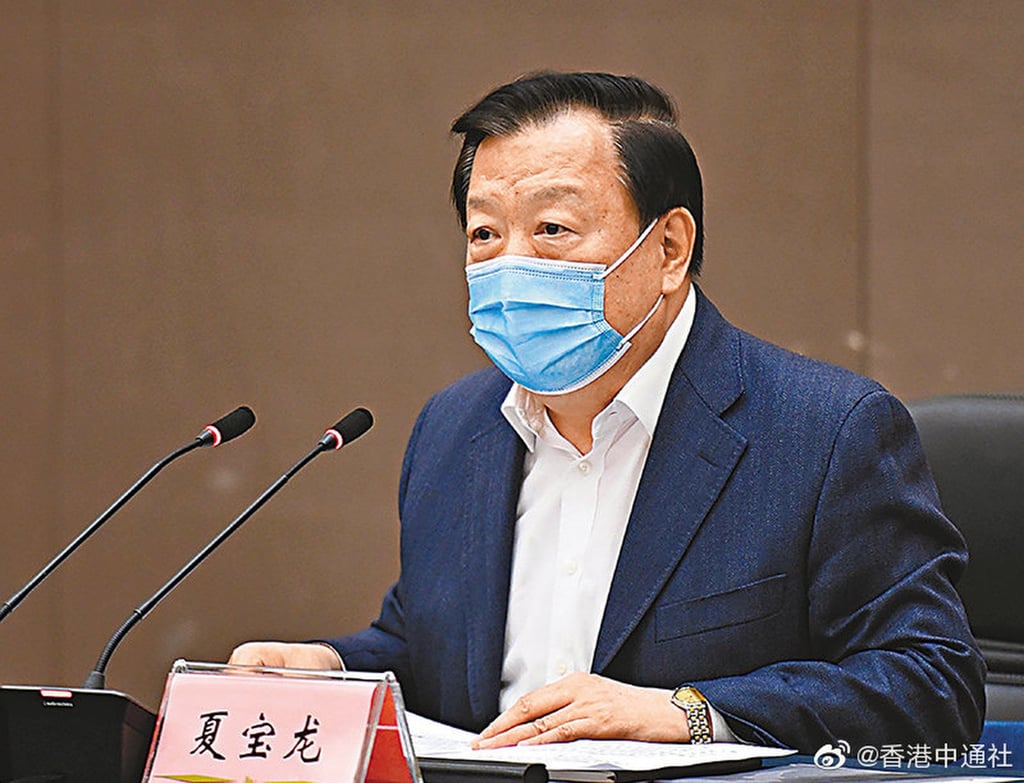Weak community links? Hong Kong pays the price for wrecking district-level bodies, putting politics first in coronavirus battle, observers say
- Some have stepped up to help in fifth wave of infections, but only along ‘yellow’ or ‘blue’ lines
- Rebuilding community connections will be a challenge given mistrust of government, experts say

It was a rare moment when Hong Kong Chief Executive Carrie Lam Cheng Yuet-ngor admitted last week to shortcomings in handling the city’s Omicron-fuelled fifth wave of Covid-19 infections.
Announcing that a controversial mass testing exercise for the entire population would be suspended, she cited the city’s “very weak” community mobilisation capabilities.
The need to mobilise has been in the air since pro-Beijing newspapers quoted President Xi Jinping saying a month ago that Lam’s administration had to move “all forces and resources” to protect people’s lives and health amid the devastating fifth wave.

Although the city’s tycoons and patriotic politicians raced to donate money and facilities, and organised volunteers to help, Xia Baolong, Beijing’s top official overseeing Hong Kong affairs, pressed Lam two weeks ago to do more and “further mobilise” all available forces in society.
Over the past three months, Hong Kong has seen infection numbers shoot up to 1.1 million cases with more than 7,100 deaths as of Saturday, with many left to isolate at home with insufficient support after testing positive.
Observers attributed the weak community response to the government’s destruction of district-level bodies, differential treatment of civil society groups along “blue” and “yellow” lines reflecting their support for the government or opposition, and Hongkongers’ lack of trust in the authorities.
“The government has put itself in a difficult position by creating a tense atmosphere for social mobilisation and community groups – particularly by stifling dissent among members of society,” said Kris Hartley, an assistant professor at Education University who studied policymaking in a low-trust society during the pandemic.
“This has led to an environment of growing suspicion, secrecy and distrust.”